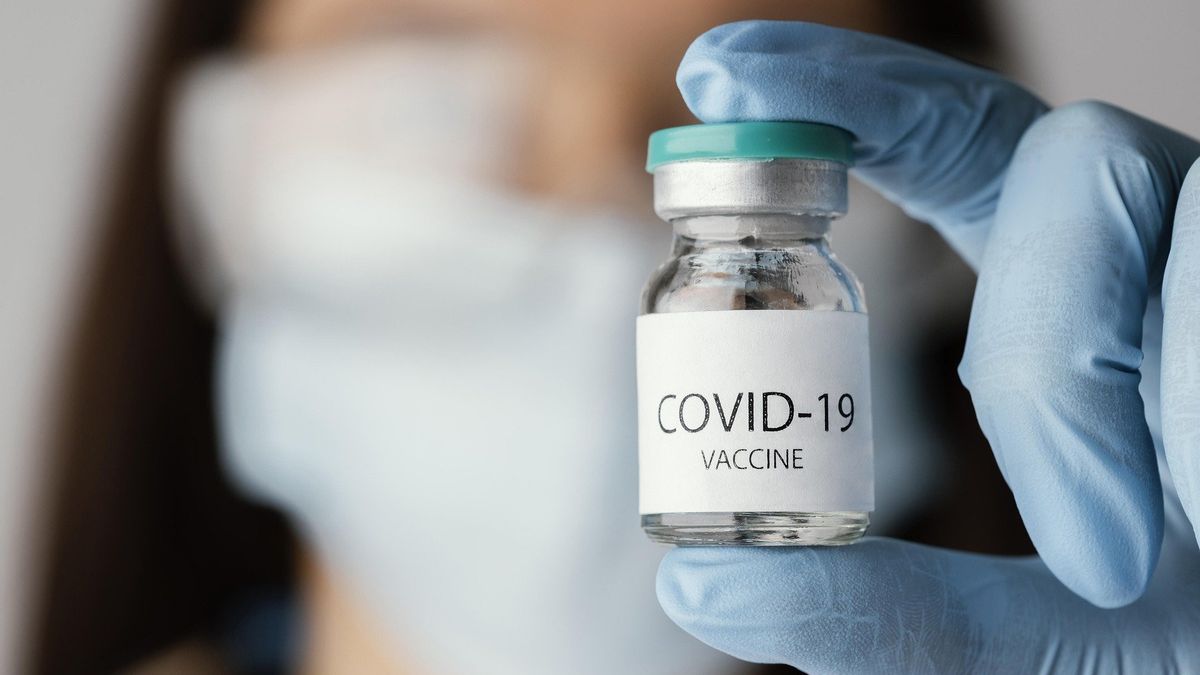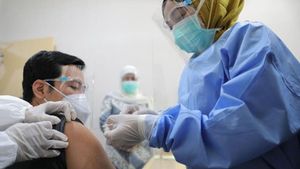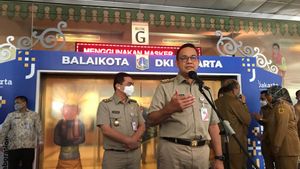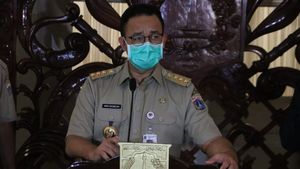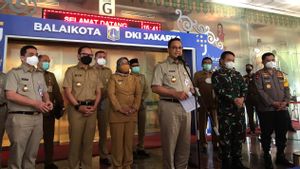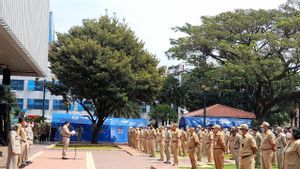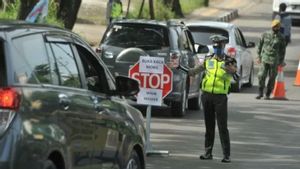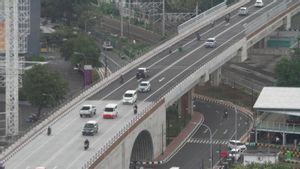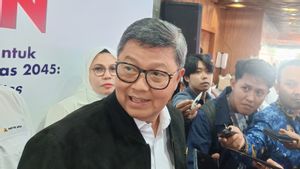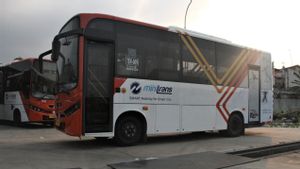JAKARTA - Spokesperson for COVID-19 of the Ministry of Health, Siti Nadia Tarmizi, stated that Indonesia's stance to remove the patent rights for the COVID-19 vaccine has contributed to easier access, prices, and expansion of vaccines in the world.
"Vaccine patent rights are an agreement with the World Trade Organization (WTO) as the only international organization that regulates international trade," he said, as quoted by Antara, Tuesday, May 11.
One of the agreements regulates drugs, including product patents, for those who have succeeded in discovering them, so that they can master product marketing. "So he may control the patent for several years," he said.
Such conditions, said Siti Nadia, would not accelerate the vaccination process for the world's population amid the threat of the COVID-19 pandemic.
"In fact, technology transfer and so on are hindered by the existence of this patent right. In addition, other products cannot distribute the same product because there is still a single license holder," he said.
SEE ALSO:
With a joint agreement to remove the patent rights for the COVID-19 vaccine, said Siti Nadia, it would simplify the process of access, price, and expansion of vaccines in the world.
"In principle, we open access and make it easier so that it is not controlled by the inventor, because this is a pandemic problem. Do not determine the inventor. If necessary, it can be produced by the state or other people," he said.
Siti Nadia added that the attitude of removing patents had actually been shown by the Indonesian government on 'antiretroviral' drugs (ARVs) for HIV patients in 2004.
This attitude was shown by Presidential Decree (Keppres) Number 83 of 2004 concerning the Use of Patents by the Government on Anti-Retroviral Drugs, which was signed by President Megawati Soekarnoputri.
Siti Nadia said the decision was put in place to meet the urgent needs of the community in an effort to tackle the HIV/AIDS epidemic.
The regulation also regulates the role of the Minister of Health in appointing drug manufacturers to implement patents for and on behalf of the government to implement these patents by taking into account the recommendations of the Head of the Food and Drug Supervisory Agency (BPOM).
In addition, the government also provides compensation to patent holders of 0.5 percent of the net sale value of antiretroviral drugs.
The use of ARVs in Indonesia in 1990 was still monotherapy or duo therapy in nature. The use of triple ARV drug combination therapy could only be implemented in November 1999, when the AIDS Special Study Group (Pokdisus) of the Faculty of Medicine, University of Indonesia began implementing the Access to Diagnosis and Therapy Program.
Through this program, Pokdisus negotiates with pharmaceutical companies on drug patents and laboratory reagents. These efforts succeeded in reducing drug prices by up to 30 percent from the general price.
In 2000, India succeeded in producing generic ARV drugs, and soon after that, the governments of South Africa and Thailand bought it for their people.
In June 2001, representatives from Pokdisus visited India trying to access generic ARV drugs and managed to get a commitment from one of the generic ARV drug manufacturers in India until the first generic ARV drug package from India to Indonesia in 2001.
The efforts made by Pokdisus received a positive response from the community, after which the use of ARV drugs continued to grow.
The English, Chinese, Japanese, Arabic, and French versions are automatically generated by the AI. So there may still be inaccuracies in translating, please always see Indonesian as our main language. (system supported by DigitalSiber.id)
